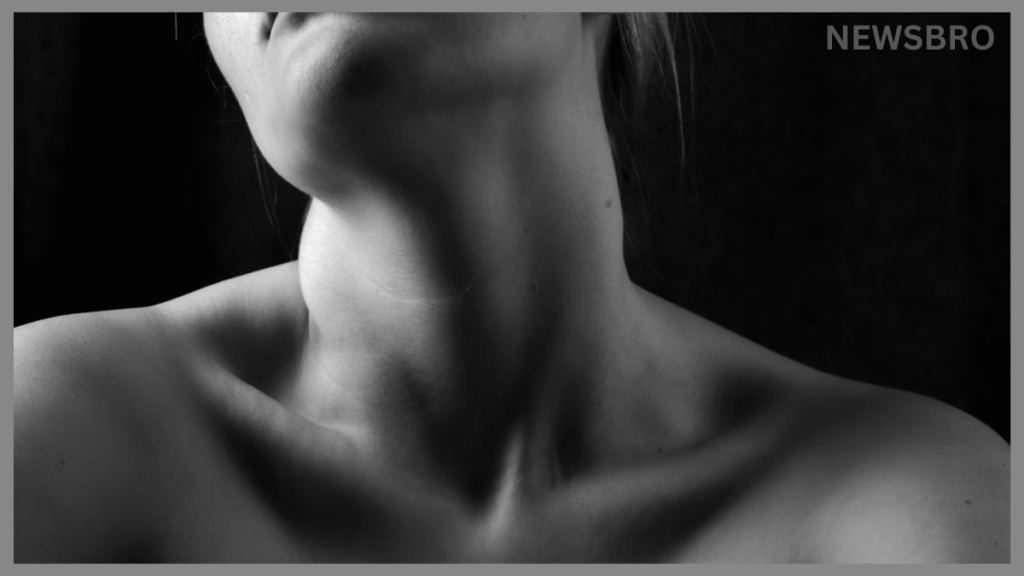The sialendoscopy procedure is a gentle, low-impact method to find and remove blockages in the salivary glands, like stones, narrow spots, or long-term swelling. While it is less invasive than traditional surgery, proper aftercare is essential to ensure smooth healing, reduce discomfort, and lower the risk of complications.
In this article, we’ll share practical tips to help you recover faster and get back to your daily routine with minimal downtime.
Understanding the Sialendoscopy Procedure
A sialendoscopy procedure involves using a tiny endoscope to access and examine the salivary gland ducts. It allows specialists to locate and remove blockages, flush out debris, and restore natural saliva flow — all without making large incisions.
Because the procedure is minimally invasive, most patients experience less pain, quicker healing, and minimal scarring. However, recovery times can vary depending on the severity of the blockage and your overall health.
Tip 1: Follow Your Surgeon’s Aftercare Instructions
Once the procedure is done, your doctor will give clear instructions for care. Following these instructions carefully is the most effective way to ensure a smooth recovery. This may include recommendations on:
- Managing mild swelling and discomfort
- Taking prescribed pain relievers or anti-inflammatory medications
- Using warm compresses to ease tenderness around the treated area
- Visiting follow-ups to watch healing progress
Choosing an expert in head and neck surgery in London ensures you receive personalised care and recovery guidance tailored to your specific condition.
Tip 2: Stay Hydrated and Maintain Good Oral Hygiene
Adequate hydration is vital for healing, as it helps promote saliva production and prevents further blockages. Drinking water regularly also supports natural flushing of the salivary ducts.
Additionally, maintaining proper oral hygiene is key to preventing infections after the procedure. Make sure to:
- Rinse your mouth with a mild saline solution or antiseptic mouthwash if recommended
- Brush your teeth gently to avoid irritation
- Skip alcohol rinses because they can dry out your mouth.
Tip 3: Stick to a Soft Food Diet Initially
After a sialendoscopy, your salivary glands may feel tender or slightly swollen, making it uncomfortable to chew hard foods. Opting for a soft, easy-to-chew diet can reduce strain on the glands and speed up recovery.
- Some suitable options include:
- Soups and broths
- Smoothies and yoghurt
- Pureed vegetables and tender fruits
- Oatmeal and porridge
During recovery, gradually return to your usual meals.
Tip 4: Use Gentle Massage Techniques
Your specialist may recommend gentle massage around the treated salivary gland to improve saliva flow and reduce swelling. Be sure to follow their instructions carefully, as improper techniques can cause discomfort.
If you’re unsure about how to perform the massage, an expert in head and neck surgery in London can demonstrate the safest method during your follow-up visit.
Tip 5: Avoid Smoking and Excessive Alcohol Consumption
Smoking and alcohol can irritate the salivary ducts, slow down healing, and increase the risk of infection. If possible, refrain from smoking and limit alcohol intake during your recovery period to ensure better results.
Tip 6: Attend Your Follow-Up Appointments
Regular follow-up visits are crucial to monitor your healing progress and detect any early signs of complications, such as persistent swelling or recurring blockages. Your specialist can also assess saliva flow and provide additional treatment if necessary.
When to Contact Your Specialist
While mild discomfort and swelling are normal after a sialendoscopy, you should seek immediate medical attention if you experience:
- Severe or worsening pain
- Fever or chills
- Excessive bleeding
- Difficulty swallowing or opening your mouth
Prompt care from a qualified specialist ensures any potential complications are addressed quickly.
Final Thoughts
Recovering from a sialendoscopy procedure is generally quick and smooth when proper aftercare steps are followed. Staying hydrated, maintaining oral hygiene, following a soft diet, and adhering to your specialist’s recommendations will help you heal faster and regain comfort.
For personalised guidance and expert treatment, consulting an expert in head and neck surgery in London can make a significant difference in your recovery journey.

